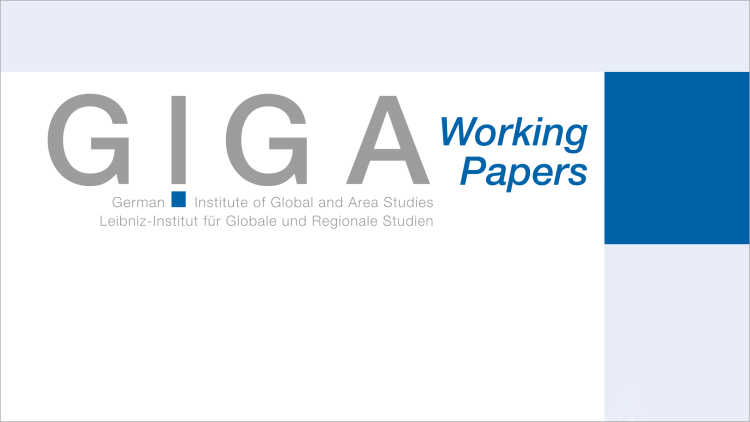- Startseite
- Publikationen
- GIGA Focus
- The Obama Administration and Latin America: A Disappointing First Term
GIGA Focus International Edition English
The Obama Administration and Latin America: A Disappointing First Term
Nummer 6 | 2012 | ISSN: 1862-3581
On 6 November 2012, a new president will be elected in the United States. The voters will decide whether President Barack Obama gets a second term or whether his contender Mitt Romney will succeed him in the White House.
Analysis
The so-called Latino vote might be decisive in winning the election. While both candidates are courting Hispanic voters, the majority of these voters will choose Obama. Already in the 2008 election, Latino voters helped Obama to win key states. However, the strong Latino support for Obama in the previous election did not result in a special interest in Latin America on the part of the Obama administration. It was not until 2012 that Obama cautiously took up the immigration/legalization issue, which is important to both Latin Americans and Hispanics.
Obama started with great hope and much goodwill in Latin America. Nevertheless, the balance of his Latin America policy is somewhat disappointing – although one has to mention that Congress has finally ratified the free trade agreements with Colombia and Panama.
US–Latin America relations are routinely managed by multiple bureaucratic agencies, which can act quite autonomously and are often not coordinated via a common strategy. Obama’s Latin America policy has frequently been hampered by political polarization and partisan divisions in Congress.
The intermestic dimension of US–Latin American relations has complicated foreign policy, because a more self-confident and autonomous majority in Latin America has sometimes sought a policy shift with regard to highly sensitive topics, such as drugs, immigration and Cuba.
One issue area where some would criticize the Obama administration is its slowness in improving relations with Brazil or placing Brazil on par with, for example, India.
It is unlikely that Latin America’s modest ranking in US foreign policy will increase or that Washington’s priorities will shift much after the November 2012 elections.
Fußnoten
Regionalinstitute
Forschungsschwerpunkte
Wie man diesen Artikel zitiert
Whitehead, Laurence, und Detlef Nolte (2012), The Obama Administration and Latin America: A Disappointing First Term, GIGA Focus International Edition English, 6, Hamburg: German Institute for Global and Area Studies (GIGA), http://nbn-resolving.de/urn:nbn:de:0168-ssoar-320548
Impressum
Der GIGA Focus ist eine Open-Access-Publikation. Sie kann kostenfrei im Internet gelesen und heruntergeladen werden unter www.giga-hamburg.de/de/publikationen/giga-focus und darf gemäß den Bedingungen der Creative-Commons-Lizenz Attribution-No Derivative Works 3.0 frei vervielfältigt, verbreitet und öffentlich zugänglich gemacht werden. Dies umfasst insbesondere: korrekte Angabe der Erstveröffentlichung als GIGA Focus, keine Bearbeitung oder Kürzung.
Das German Institute for Global and Area Studies (GIGA) – Leibniz-Institut für Globale und Regionale Studien in Hamburg gibt Focus-Reihen zu Afrika, Asien, Lateinamerika, Nahost und zu globalen Fragen heraus. Der GIGA Focus wird vom GIGA redaktionell gestaltet. Die vertretenen Auffassungen stellen die der Autorinnen und Autoren und nicht unbedingt die des Instituts dar. Die Verfassenden sind für den Inhalt ihrer Beiträge verantwortlich. Irrtümer und Auslassungen bleiben vorbehalten. Das GIGA und die Autorinnen und Autoren haften nicht für Richtigkeit und Vollständigkeit oder für Konsequenzen, die sich aus der Nutzung der bereitgestellten Informationen ergeben.





